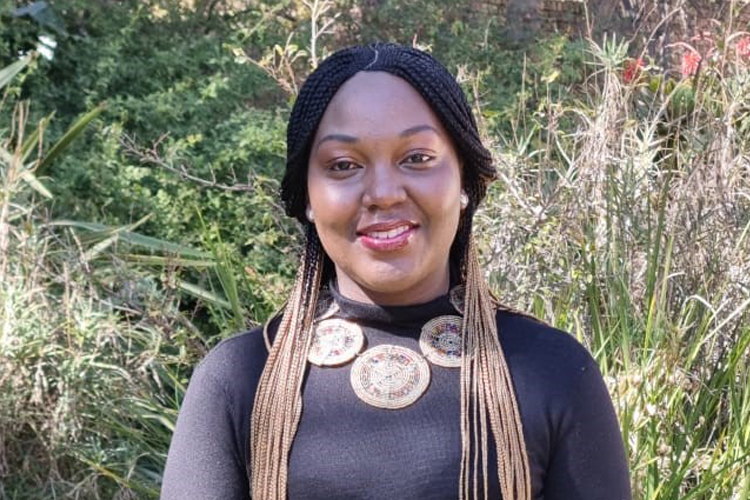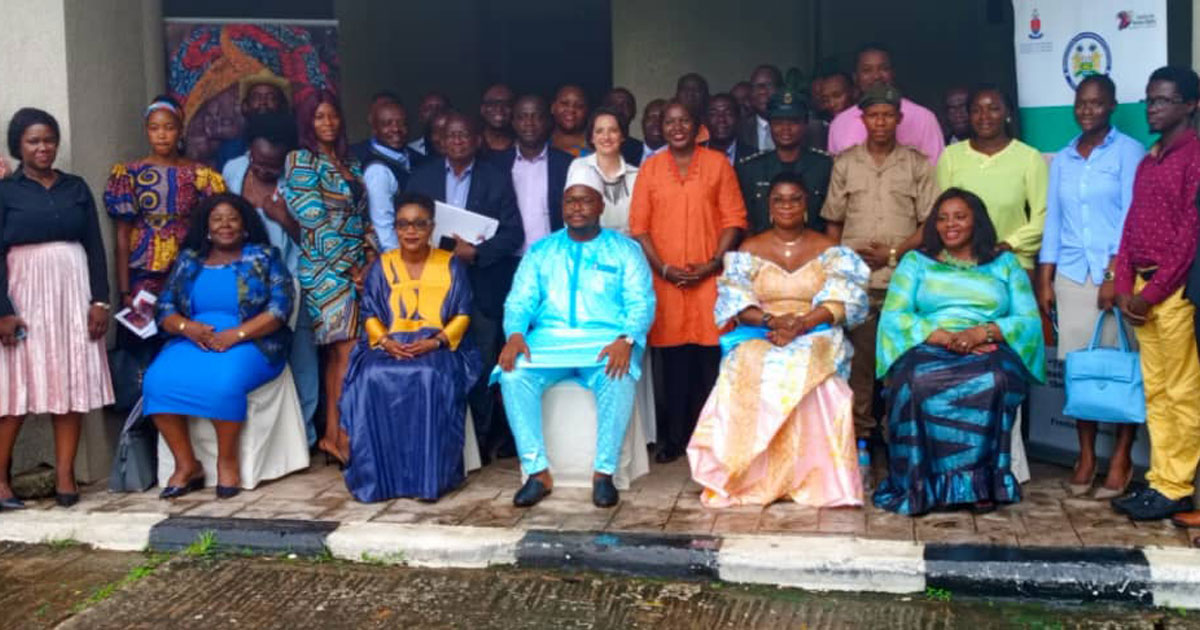The Centre for Human Rights, University of Pretoria (the Centre), and the Ministry of Foreign Affairs and International Cooperation (MFAIC) held a two-day Validation Workshop on the State Report of the Republic of Sierra Leone as required under the African Charter on Human and Peoples’ Rights (African Charter) and the Protocol to the African Charter on Human and Peoples’ Rights on the Rights of Women in Africa (Maputo Protocol). The Workshop was held from 1 to 2 August 2023 in Freetown, Sierra Leone. Sierra Leone ratified the African Charter in September 1983 and the Maputo Protocol in July 2015, and as of January 2023, had three outstanding reports on the African Charter. Sierra Leone is also yet to report on the Maputo Protocol since ratification.
In the past several years, the Centre has been providing technical support to states and civil society actors on state reporting, with a particular focus on reporting on the Maputo Protocol. The Centre supported the development of Sierra Leone’s State Party report by facilitating a state reporting training that took place from 24 to 26 August 2021, and a drafting workshop which was held from 05 to 06 May 2022. The Centre appointed Rev. Gibrilla Kargbo, as a Technical Assistant, to support the Sierra Leonean government in drafting the state report. The main objective of the current workshop was to validate Sierra Leone’s state report on the African Charter and the Maputo Protocol before it is submitted to the African Commission on Human and Peoples’ Rights for consideration.
The Workshop was attended by members of the Inter-Ministerial Committee on State Reporting. This body is constituted of a diverse range of stakeholders, including government ministries, relevant civil society organisations, members of parliament, academics and scholars. The Inter-Ministerial Committee on State Reporting is tasked with ensuring that the state complies with its reporting obligations and that there is follow-up on feedback received from the monitoring bodies. This is a proactive step by the government in meeting its reporting and implementation obligation on various treaties. Participants of the validation workshop were the same cohort that have attended the previous State Reporting and Drafting Workshops. Having an established body responsible for state reporting, the country has ensured that the prior capacity building facilitated by the Centre enabled an efficient report validation process. All members of the committee are well versed with the substantive provisions of the two treaties, the African Human rights system, the state reporting process broadly, and the guidelines issued by the African Commission on State Reporting and Shadow Reporting.
Following the recent national elections, the newly appointed cabinet ministers of the two Ministries leading the reporting to the African Commission made their first public appearance at the Validation Workshop. This was a reassuring show of the state’s commitment to the finalisation and submission of the State Report. The state undertook to file the final report with the African Commission. The Minister of Gender and Children’s Affairs, Dr Isata Mahoi and the Minister of Foreign Affairs and International Cooperation, Mr Timothy M. Kabba, in their respective addresses reiterated Sierra Leone’s commitment to fulfilling their obligations under the African Charter and the Maputo Protocol and emphasised their commitment to achieve gender equality and to, particularly, eradicate female genital mutilation.
In its efforts to achieve gender equality, Sierra Leone passed the Gender Equality and Women’s Empowerment Act, 2021 which establishes equal pay between men and women, paid maternity leave, and a women’s political participation quota of 30 percent. This gender quota applies to appointed positions (including in cabinet, the ministry and ambassador positions) and elected position (in parliament and local council). This is a significant stride toward gender equality. Following the 2023 national election, 41 women have been elected to parliament, equating to 30.37% of the members of parliament and in compliance with their gender quota. The state reporting process will provide an opportunity to evaluate the impact of these and other similar measures taken towards the realisation of gender equality in law and in practice.
For more information, please contact:

Tel: +27 (0) 12 420 4306
matilda.lasseko-phooko@up.ac.za


